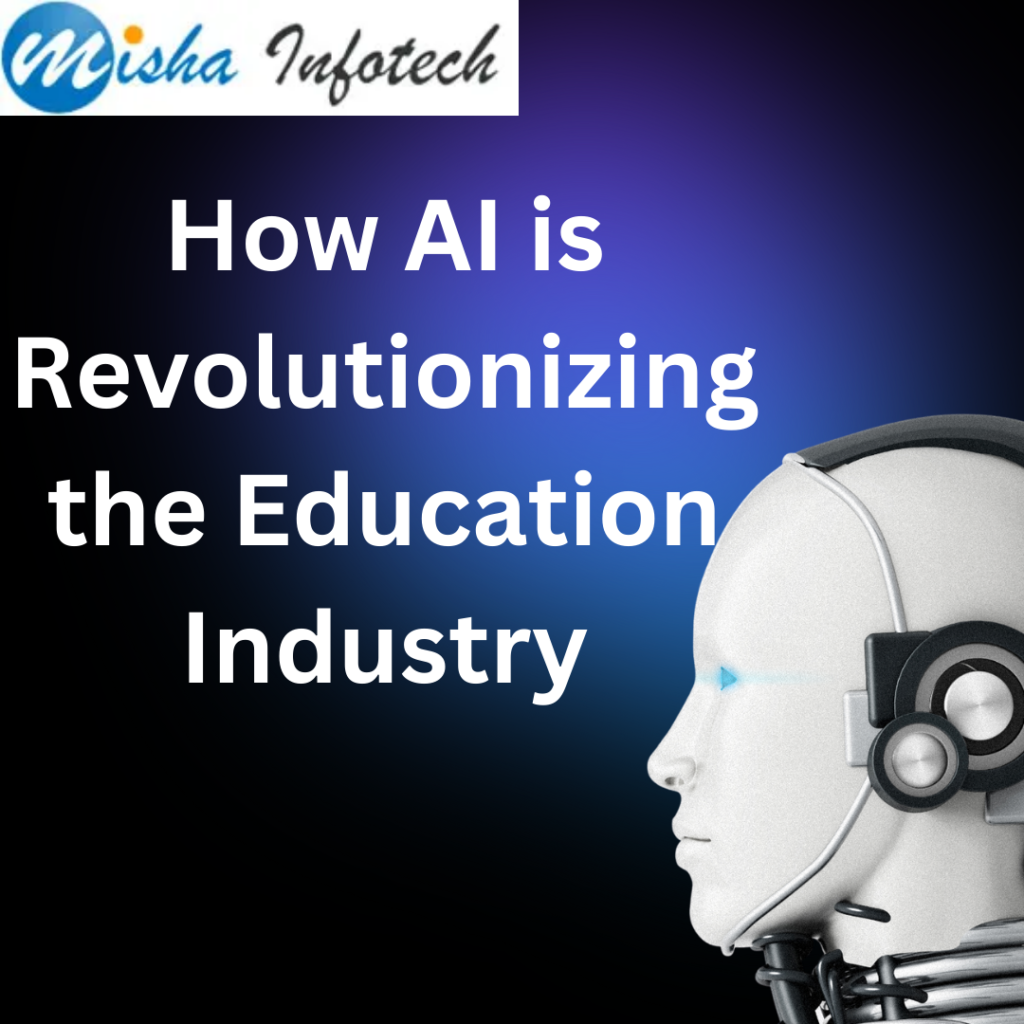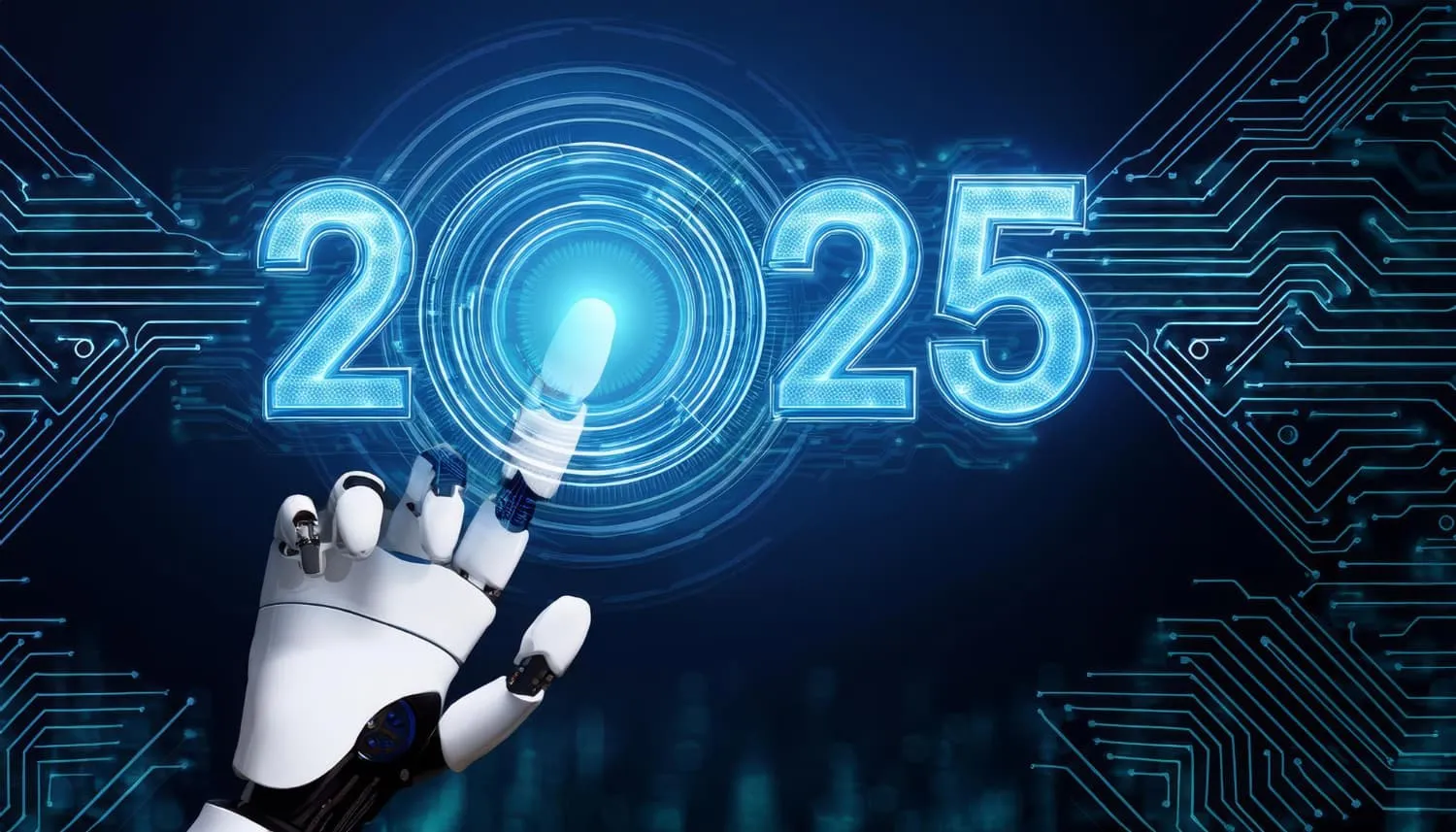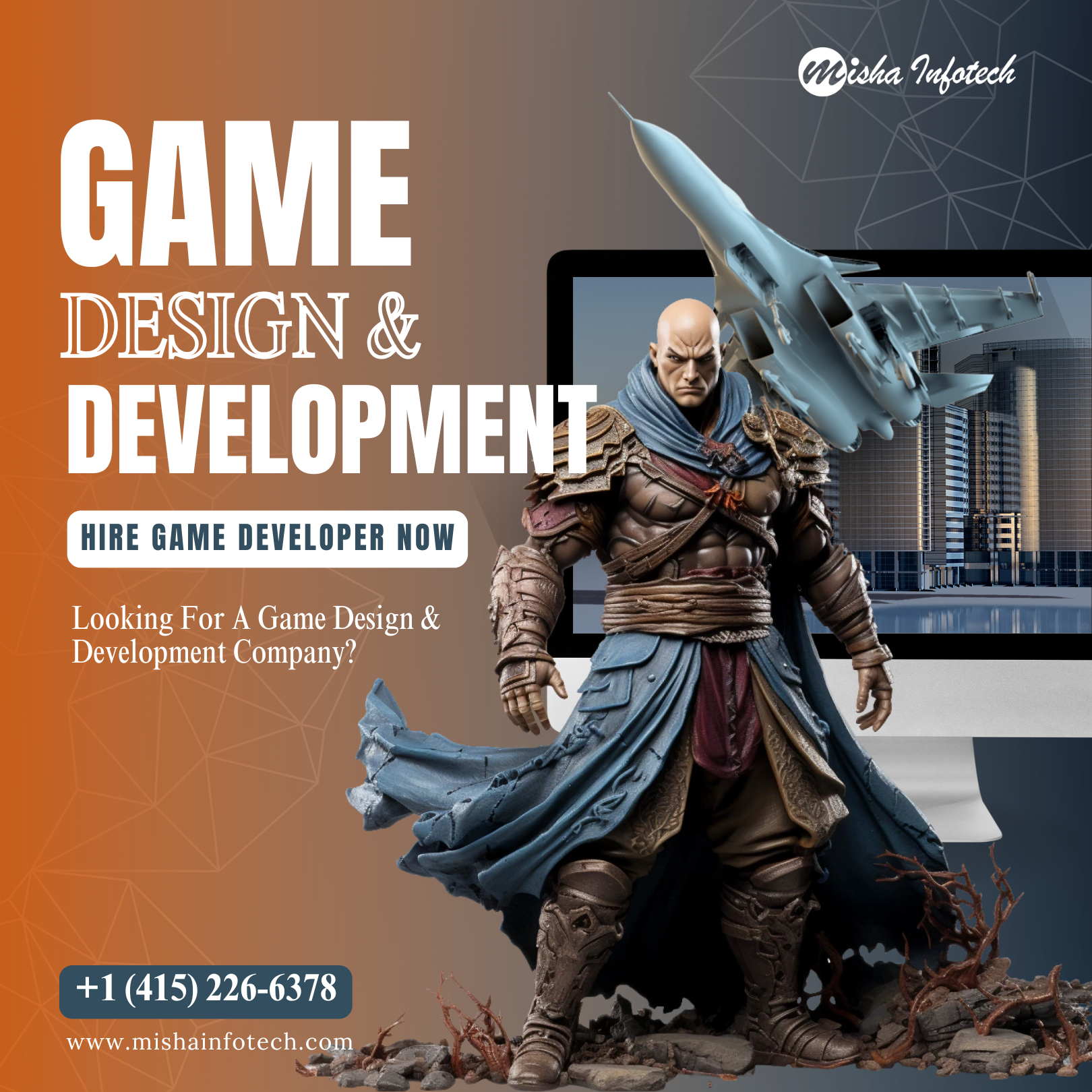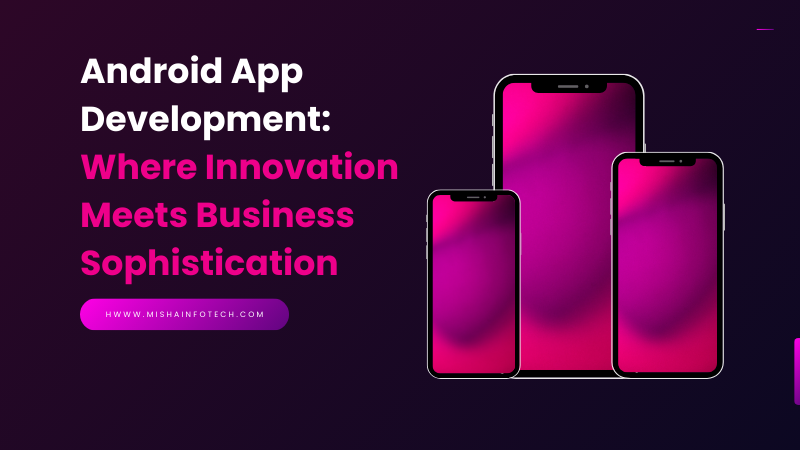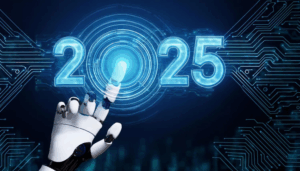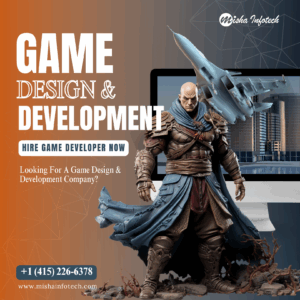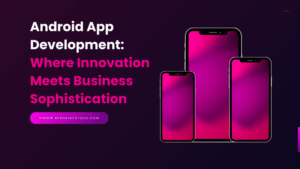Artificial Intelligence (AI) is reshaping many industries, and education is one of the most promising areas for its impact. From personalized learning experiences to automating administrative tasks, AI is driving significant change in how educational institutions operate and how students learn. At Misha Infotech we are excited to explore the ways AI is transforming the education sector and helping institutions to become more efficient and effective.
1. Personalized Learning: Tailored Education for Every Student
AI has the power to create personalized learning experiences that cater to the unique needs of each student. By analyzing students’ learning patterns and performance data, AI-driven tools can adapt lessons, suggest resources, and provide targeted feedback. This means that students no longer have to conform to a one-size-fits-all approach to education. Instead, they can learn at their own pace, focusing on areas where they need the most support.
For example, adaptive learning platforms like DreamBox and Knewton use AI algorithms to continuously assess a student’s progress and adjust the difficulty of tasks accordingly. This allows students to engage with content that is neither too easy nor too challenging, leading to improved learning outcomes.
2. AI-Powered Virtual Tutors and Assistants
AI-powered virtual tutors and assistants are becoming valuable tools in education. These systems can provide students with 24/7 support, answering questions, offering explanations, and guiding them through complex concepts. This constant availability ensures that students can continue learning outside the classroom and receive help whenever they need it.
For example, Misha Infotech has developed AI-driven chatbot solutions that assist students with academic queries and administrative tasks, freeing up educators’ time and allowing for more efficient management of resources.
3. Intelligent Tutoring Systems: Personalized Instruction at Scale
Intelligent Tutoring Systems (ITS) are AI-powered platforms that provide one-on-one instruction to students, mimicking the role of a human tutor. These systems are designed to monitor a student’s progress, identify areas where they struggle, and offer personalized guidance and feedback.
For instance, systems like Carnegie Learning’s MATHia use AI to provide personalized math tutoring, offering hints and explanations based on the student’s current level of understanding. These systems are particularly effective in subjects like math and science, where individualized support is often needed to grasp complex concepts.
4. Automating Administrative Tasks
AI is also streamlining administrative tasks in educational institutions. From grading assignments to managing schedules, AI can handle repetitive and time-consuming tasks, allowing educators to focus on what they do best: teaching. Automation reduces the workload on teachers and administrative staff, ensuring that resources are used more efficiently.
For example, Misha Infotech has implemented AI-powered systems that automate grading processes, manage student data, and streamline communication between students and faculty. This has resulted in significant time savings and improved operational efficiency.
5. Enhancing Accessibility and Special Education
AI is making education more accessible for students with disabilities. From speech recognition tools that assist students with hearing impairments to AI-powered text-to-speech applications for visually impaired students, these technologies are helping to create a more inclusive learning environment.
Moreover, AI-driven platforms can tailor educational content to meet the specific needs of students with learning disabilities, allowing them to progress at their own pace and receive the support they need to succeed.
6. Data-Driven Insights: Improving Decision Making
AI’s ability to analyze vast amounts of data is providing educators and administrators with valuable insights into student performance, engagement, and outcomes. This data-driven approach allows institutions to make informed decisions about curriculum design, resource allocation, and student support services.
For example, AI-powered analytics platforms can identify patterns in student behavior, such as which resources are most effective for learning or which students are at risk of falling behind. This information enables educators to intervene early and provide targeted support to improve student outcomes.
7. AI in Language Learning: Enhancing Fluency
Language learning is another area where AI is making a significant impact. AI-powered apps like Duolingo use machine learning algorithms to personalize lessons based on a student’s progress. These platforms offer a more engaging and effective way to learn new languages, helping students to build fluency faster than traditional methods.
By analyzing user behavior, these apps can tailor lessons to focus on areas where students need improvement, making the learning process more efficient and enjoyable.
Conclusion: The Future of AI in Education
AI is not just a buzzword; it’s a powerful tool that is revolutionizing education. From personalized learning paths to automating administrative tasks, AI has the potential to improve educational outcomes, enhance accessibility, and create a more efficient and inclusive learning environment.
At Misha Infotech, we are committed to harnessing the power of AI to develop innovative solutions that meet the evolving needs of the education sector. As AI continues to advance, we look forward to helping institutions unlock new possibilities for teaching and learning.
If you’re ready to explore how AI can transform your educational institution, get in touch with Misha Infotech today!

